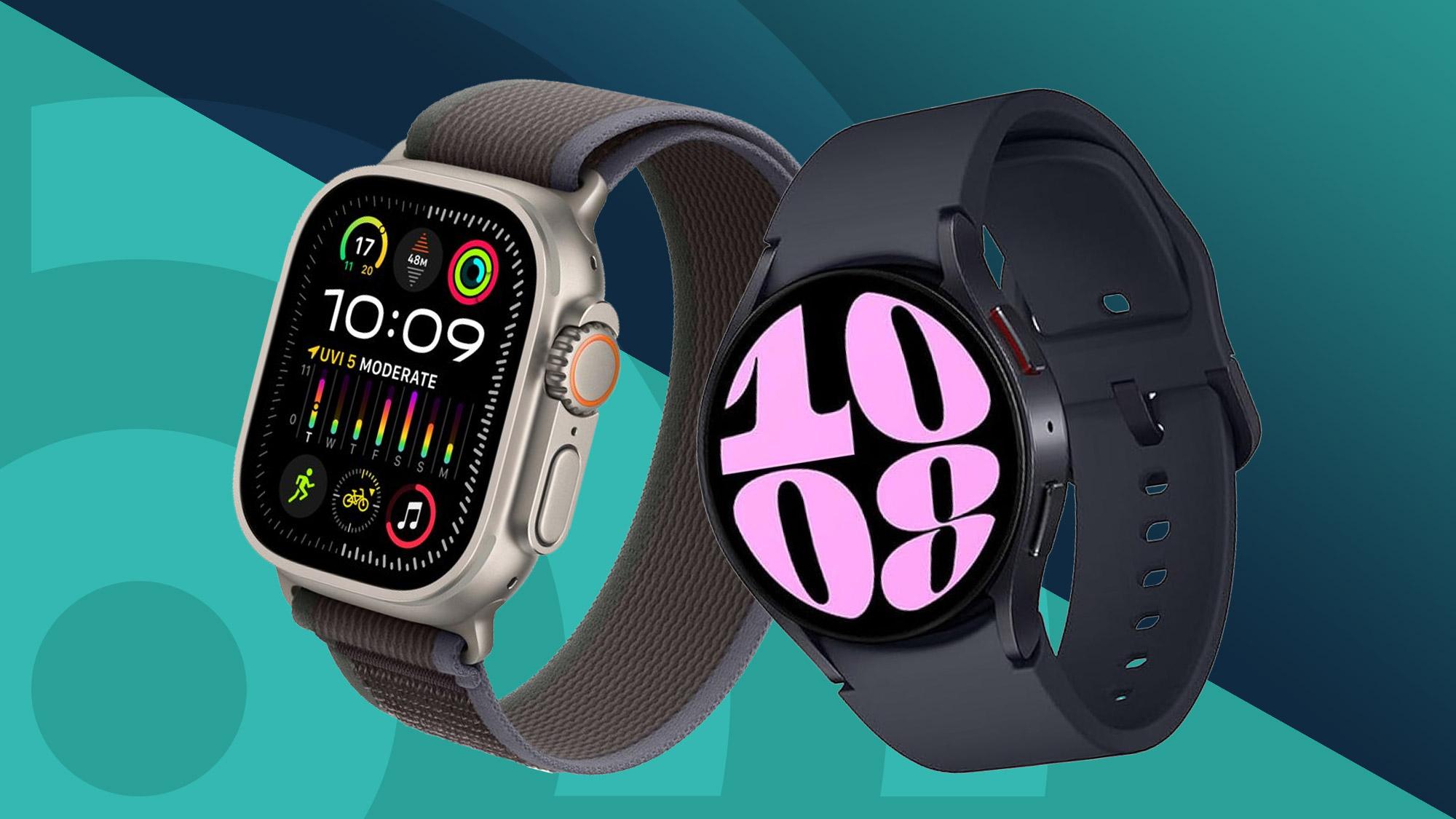As technology continues to evolve at a breathtaking pace,the gadgets we once deemed advanced are quickly becoming relics of the past. Among these advancements, smartwatches have emerged as more than just trendy accessories; thay’re indispensable tools that keep us connected, informed, and active. However, one feature has often overshadowed their sleek designs and myriad functions—the battery life. As we look ahead to 2025, the race for the smartwatch with the longest battery life is heating up. In this article, we will explore the innovations that promise to extend the longevity of these devices, the expectations we can have for their performance, and what consumers should look for in the next generation of smartwatches. Join us on a journey thru the world of cutting-edge technology where every tick of the clock could reveal the uncharted territory of wearable power.
The Evolution of Smartwatch Battery Technology
The journey of battery technology in smartwatches has been nothing short of remarkable, fueled by the relentless pursuit of longer-lasting power solutions. Early smartwatches were frequently enough burdened with short battery lives, necessitating daily charging that hindered user experience. As technology advanced, manufacturers began to explore innovative materials and designs, including the use of lithium-sulfur and solid-state batteries. These cutting-edge solutions not only enhance energy density but also reduce charging time significantly,leading to smarter power management systems that optimize battery usage based on user behavior.
looking ahead to 2025, we can anticipate further breakthroughs in battery technology, potentially incorporating solar charging capabilities and kinetic energy harvesting—where the natural motion of the wearer generates power. Additionally, advancements in AI may allow smartwatches to intelligently manage their battery life, distinguishing between essential and non-essential notifications to conserve energy. As manufacturers continue to refine their approaches, we envision a new generation of smartwatches that promise remarkable battery longevity, with the following features:
- Ultra-fast charging options.
- Biodegradable materials for battery construction.
- Wireless charging innovations.
- Real-time battery health monitoring.
| Technology | Benefits |
|---|---|
| Lithium-Sulfur Batteries | Higher energy density. |
| Solid-State Batteries | Enhanced safety and stability. |
| Kinetic Energy Harvesting | Utilizes user motion for power. |
| Solar Charging | Renewable energy for extended use. |

Key Features That Extend Battery Life
As the technology behind smartwatches evolves, several key features are making critically important strides in extending battery life, ensuring users enjoy longer usage periods between charges.Solar charging technology is gaining traction, allowing wearers to harness ambient light to recharge their devices, making it especially useful for outdoor enthusiasts. Additionally,advanced power-saving modes intelligently manage device performance by limiting background activities and adjusting screen brightness,effectively prolonging battery life without compromising essential functionalities.
Another innovative approach is the integration of efficient processors that are optimized for low power consumption. These chips enable devices to perform high-intensive tasks with reduced energy expenditure, dramatically enhancing overall battery longevity. Moreover, smartwatch manufacturers are exploring customizable notification settings, which let users prioritize alerts, reducing constant wake-ups and screen on-time. By focusing on user-preferred notifications, smartwatches can maximize battery reserves while still keeping users connected.

Top Smartwatch models to watch in 2025
As the smartwatch landscape continues to evolve, several models are set to stand out in 2025 with groundbreaking battery life features. Manufacturers are heavily investing in advanced battery technologies, which enables their devices to last longer without compromising functionality. Expect to see models that integrate solar charging, providing additional power during outdoor activities, and energy-efficient processors, which optimize battery consumption. Furthermore, brands are likely to focus on software enhancements that allow personalized battery usage profiles, enabling users to maximize their device’s longevity according to their specific needs.
Here are some upcoming models that promise extraordinary battery life capabilities:
| Model | Estimated Battery Life | Key Features |
|---|---|---|
| PowerWatch X3 | 30 days | solar charging,fitness tracking |
| fitbit Sense 3 | 21 days | Health metrics,always-on display |
| Amazfit GTR 4 | 28 days | Bluetooth calls,music storage |
| Garmin Fenix 7 Pro | 22 days | GPS,rugged design |
With smart features increasingly demanding more from battery technology,manufacturers are also exploring innovative materials like graphene and advancements in lithium-sulfur batteries. These innovations aim to reduce weight while increasing capacity. Consequently, we can anticipate that by 2025, users will enjoy a rich array of features while experiencing minimal downtime for charging, unlocking a new era of convenience in smartwatch usability.

Tips for Maximizing Your Smartwatch’s Longevity
To ensure that your smartwatch remains functional and efficient for years to come, consider adopting several proactive strategies. Adjusting screen brightness can significantly affect battery consumption; you might find it beneficial to lower the brightness or utilize the automatic settings. Additionally,enabling battery saver mode during low power situations can extend usage time substantially. Regularly updating your smartwatch’s software not only enhances performance but also often includes optimizations that improve battery life. Lastly, be mindful of the apps you install; keeping only essential apps active and eliminating unneeded ones can minimize background activity that drains the battery.
Another effective way to prolong your smartwatch’s life is by maintaining its physical integrity. Avoid exposing your device to extreme temperatures or humidity, as these conditions can deteriorate battery performance over time. When charging, opt for original chargers and cables, as third-party products can lead to potential harm. Consider using silicone or protective cases to prevent scratches and impacts that may affect the smartwatch’s functionality. Lastly,dedicating time to clean the device regularly can enhance the overall user experience,ensuring sensors and connectivity features work seamlessly.
The Way Forward
As we look forward to 2025, the evolution of smartwatches promises not just enhanced functionalities but also remarkable advancements in battery life. The anticipated models will undoubtedly bridge the gap between technology and practicality, allowing users to stay connected without the constant worry of a low battery signal. With innovative power-saving features and energy-efficient components on the horizon, the future of wearable technology is set to redefine our interactions with timepieces. As we eagerly await these cutting-edge releases, one thing is clear: the next generation of smartwatches will not only be smarter but also more reliable than ever before. So, whether you’re a fitness enthusiast, a tech aficionado, or simply someone seeking convenience on your wrist, keep your eyes peeled—2025 is shaping up to be an exciting year for battery life and beyond. Together, let’s embrace the possibilities that lie ahead.











Leave feedback about this